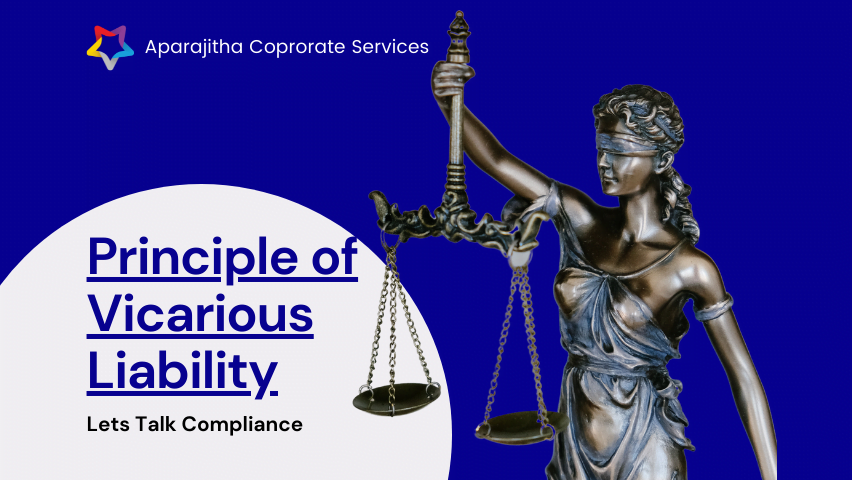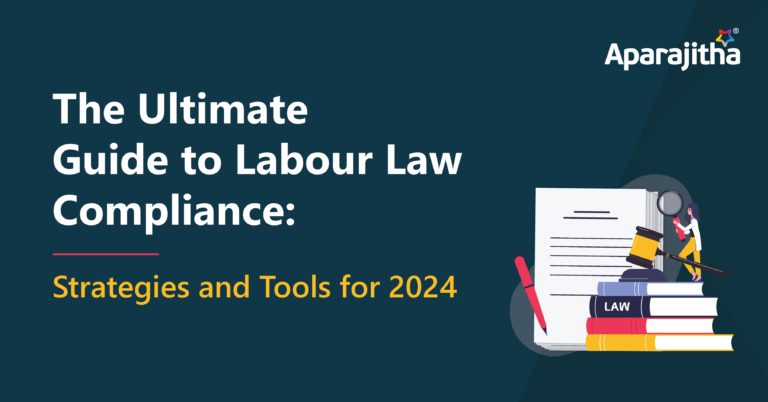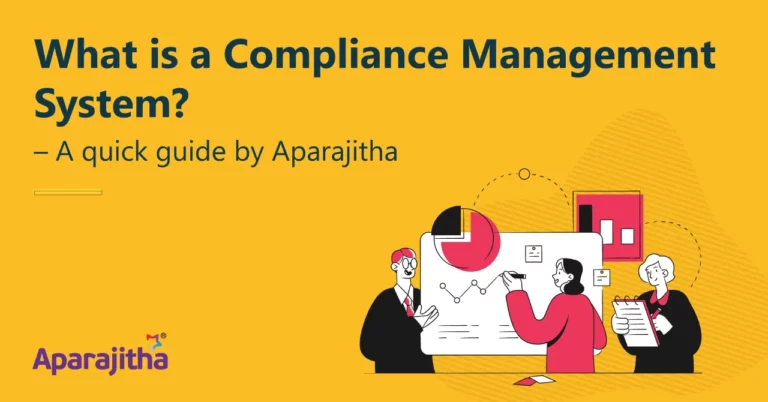‘Vicarious liability or joint responsibility’ is a legal theory and it is one of those liabilities that is imposed on one person for the wrongful actions of another person. Such a liability arises usually because of some or the other legal relationship that exists between the two. The important point to be noted to impose such liability on some other person is that an act on which such a liability is imposed should have happened in the course of employment.
Essential ingredients of Vicarious Liability:
- To constitute this principle, there must be a relationship and to quote a few examples, the following are the relationships:
-
- Master-Servant,
- Principal-Agent,
- Independent Contractors and alike
2. And such an act must be committed within the course of employment.
How the employer will be held liable for the wrongful acts of his employees?
This doctrine is based on the maxim respondeat superior, which means ‘let the principal be liable for an employee’s and servant’s negligent commissions or omissions that occur during employment’ and it also derives validity from the maxim qui facit per alium facit per se, which means ‘he who does an act through another is deemed in law to do it himself’. By applying these maxims, employer will be held liable for the negligent/wrongful acts committed by his employees/servants.
Vicarious Liability for contract of service and contract for service: (Servant and Independent Contractor)
Contract of service
- Under Contract of service, servants acts under the supervision of the master,
- Employer and employee relationship exists between master and agent/servant,
- Master is liable for the wrongful act committed by his servants and
- Servant can be terminated for the wrongful act.
Contract for service
- Under contract for service, an independent contractor is a person who acts independently
- Contractual relationship exists (Master and independent contractor/independent contractor and Servant)
- Independent contractor is liable for the torts (wrongful acts) committed by his servants and
- Independent contractor cannot be terminated by the employer but the employer can repudiate the contract in case of violation of the terms of the contract.
The liability of the employer for the wrongs committed under the contract of service is more onerous than his liability in respect of wrongs committed under contract for service.
Example: For all offences committed by the company, the Companies Act, 2013 imposes special vicarious liability on officers (of the company) who are in default. Sec. 2(60) of the Act specifies the persons who would be considered as officers who are in default.
Conclusion:
The intention behind the principle of vicarious liability is to provide compensation to the victim by the proper party who is accountable for the harm. Companies are made criminally liable for the offences committed by their employees within the scope of their employment. Further, certain key employees of the company are also made criminally liable for the offences of the company.
Who are we?
Aparajitha has been a compliance partner for the past two decades for more than 1500 corporates.
We’ve been recognized as the Pan India Experts in dealing with the complexities of Labour and Industrial Laws. We understand the statutory compliance applicability for each industry with our experiences and knowledge from time to time.
This long-standing strategic approach has produced a synergy that enables us to design and delivering industry-leading cost-effective solutions, along with specialized risk and compliance business process integration services to address all your present and future compliance requirements.
To understand more and receive insights on statutory compliance, post your query in the comment column or
please write to us at marketing@aparajitha.com
Vinaya Kadli
Compliance Knowledge Hub







